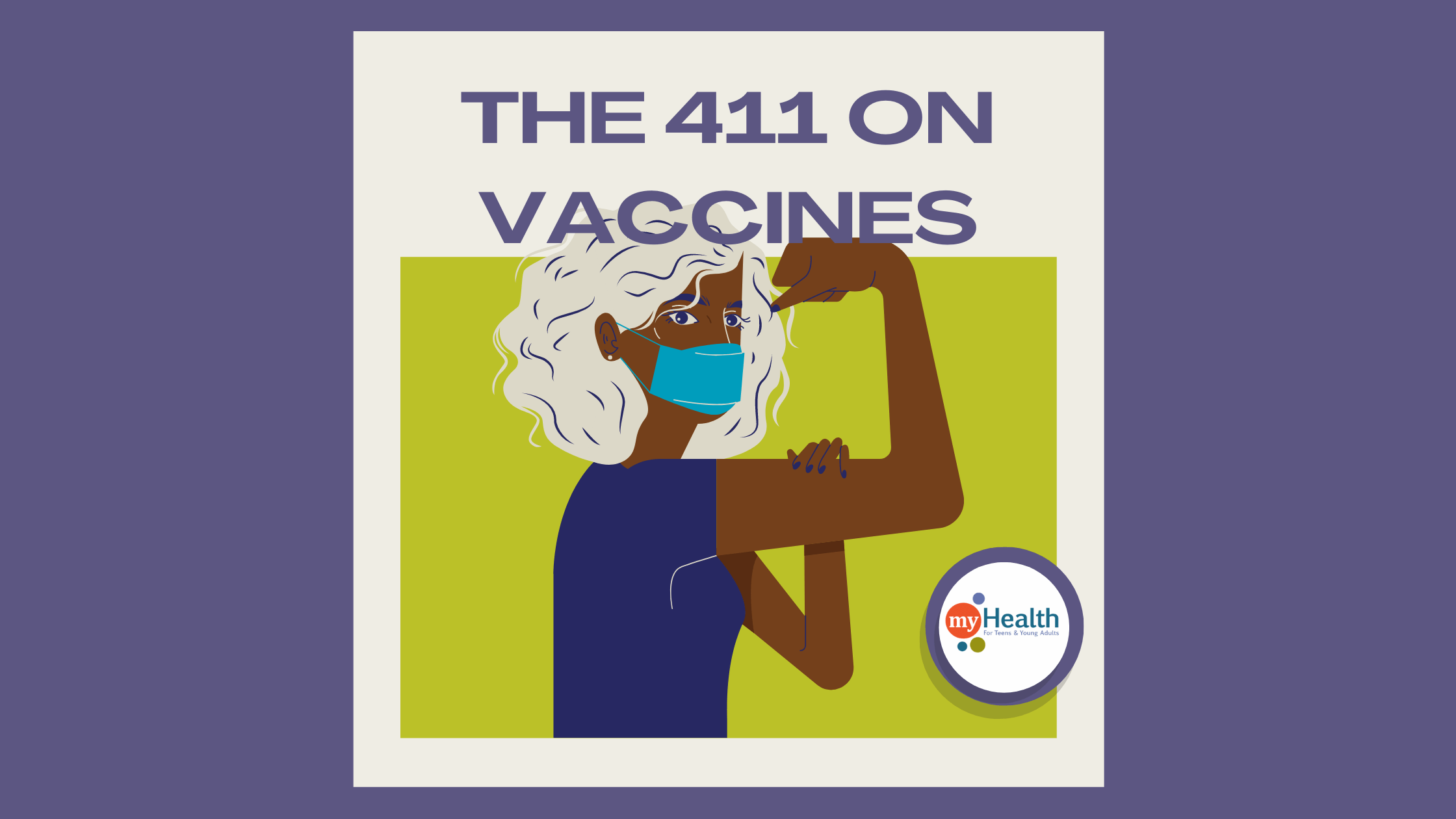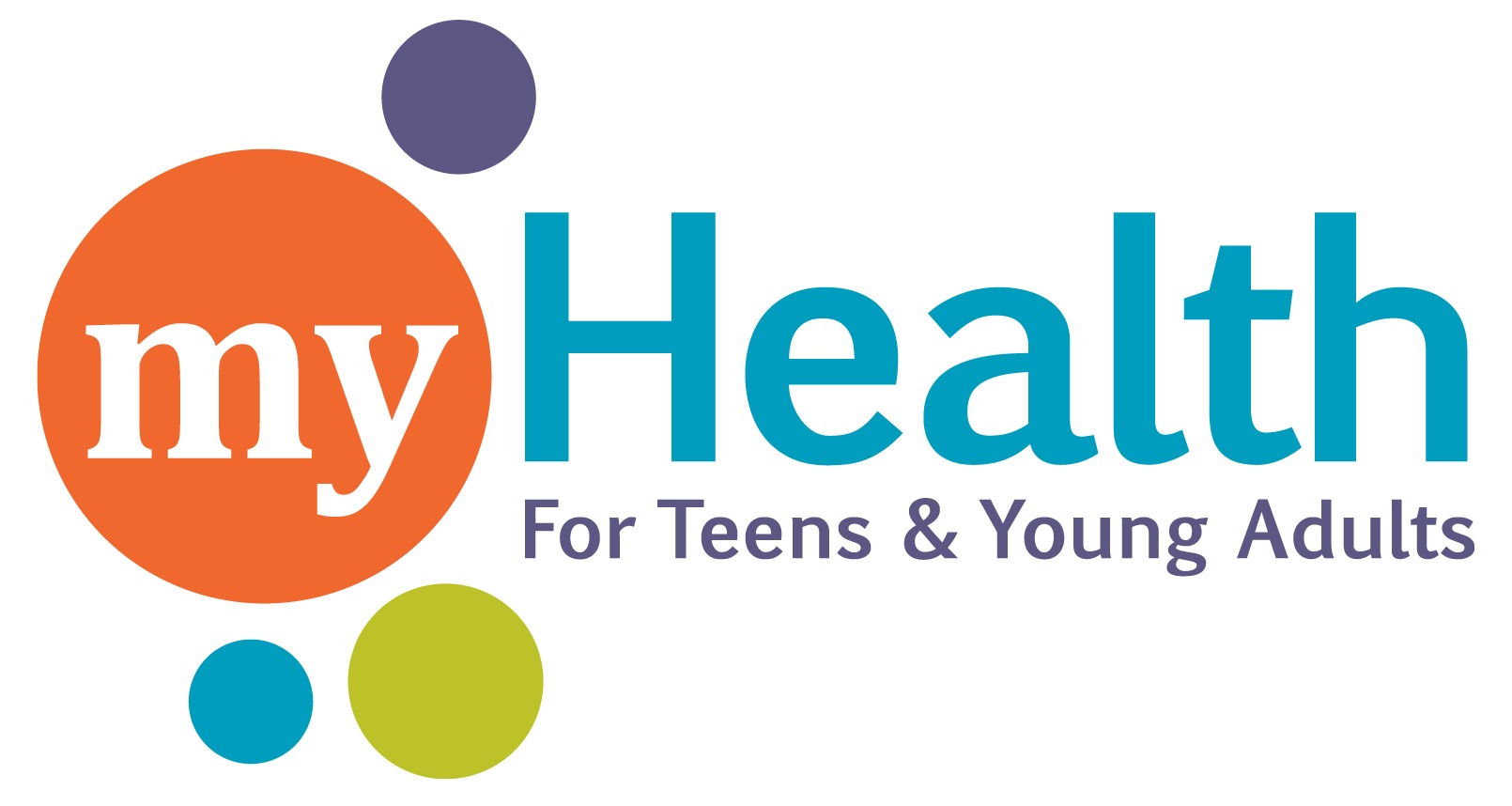
by Katelyn Maddox
The COVID-19 vaccine is already helping control the spread of COVID-19 worldwide, but how much do you know about vaccines in general?
Children are born with an immune system that has not been exposed and infected with many foreign antigens, so often when kids first get exposed to a disease, the immune system is not able to produce antibodies fast enough to properly fight the disease. Though newborns often have antibodies from their mothers, they go away during the baby’s first year. Immunity is what occurs after the body has produced antibodies so that the next time infection occurs the body is able to produce antibodies fast enough to fight the illness.
Vaccines are used to help an immune system become stronger and protect it from different harmful diseases. Throughout the years, they have saved millions of lives. They have proven especially life-saving in immunocompromised populations, like children and older adults. In the United States, vaccines for polio, smallpox, diphtheria, tetanus, rubella, measles, and mumps and more have been used to help reduce or eradicate the diseases. Smallpox, for example, killed over 300 million people in the world in the 1900s, but due to vaccination it is completely eradicated. Even if a disease is not common in the U.S., complete eradication is rare and worldwide travel can make diseases easy to spread so diseases that are preventable by vaccine require high vaccination rates to avoid.
Vaccines work by stimulating the body’s adaptive immune system and producing antibodies against a specific disease. Often, a weakened form of the disease, such as smallpox, is injected into your body and then your body creates antibodies to fight the weakened disease. This way, if you’re exposed to the actual disease then the antibodies the vaccine helped create will destroy and fight off the actual disease (the foreign antigens). The injected antigens are weakened so they don’t cause disease, but they are able to produce antibodies to contribute to immunity.
Some children and adults are unable to be vaccinated. There can be many reasons for this, such as age limits or specific medical conditions, so immunization helps protect others in the community. The more people who have taken a vaccine, the less the disease can spread. High vaccination rates are essential because low vaccinate rates can allow diseases to spread again. Everyone needs vaccines. There are more than 12 different vaccines recommended for children to receive before their 6th birthday and there are vaccines intended for later in life too. In order to prevent the spread of contagious diseases, immunizations are key.
There have been many advancements in vaccine creation and usage since the first vaccines were created. We now use vaccines containing weak, live, or killed microorganisms/viruses, as well as protein and/or mRNA. In the 21st century, vaccines are as important as a regular health check-up and are a vital part of preventative care. The U.S. requires stringent regulations for vaccines and has long approval processes for safety, and any side effects (such as a fever) are often considered normal and less severe than the actual disease as your body builds immunity.
In order to protect yourself, your family, and your friends, talk to a healthcare professional about which vaccines are recommended for you today. The CDC is also a great resource for most vaccination questions and further reading.
